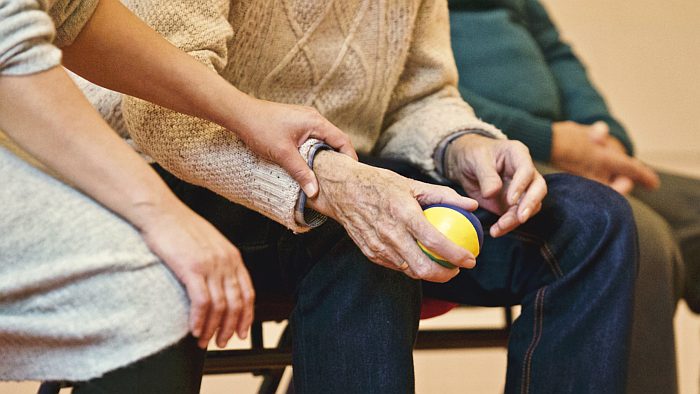Many people reach a stage in their life when they need a little bit of extra care. Some can still do most things for themselves but need a little assistance, while others require more comprehensive care to help them do daily tasks.
If you notice that someone you know and perhaps have a duty of care or responsibility for isn’t as able as they once were, thinking about care options could be high on your list of things to do. However, the available options can seem complicated and confusing. If you’re not sure what’s what, you should start by understanding the basic options available to you.

Staying Put
As people get older, they are often determined to stay in their own home. It might be the place where they raised their family and even sometimes the place where they grew up. Giving it up is a lot to ask. Hiring caregivers to work in the home is one way people can stay at home and maintain their independence. It’s a good choice for people who might need only some care, but it can also work for people with higher needs. Home care might also allow someone to move in with family, without the family members being solely responsible for their care.
Independent Living
Another option that helps people to maintain their independence and have their own home is an independent living community or retirement community. They allow people to do what they like, but also be around others of a similar age. This is helpful for anyone who might not really need any care, or needs very little, but also wants to avoid the isolation that often comes with old age. These communities might have staff on site to help maintain security and safety, and there’s often lots of things to do and amenities to enjoy. Some can provide further care if it’s needed.
Assisted Living
An assisted living facility provides a bit more support for those who require some help. If you know someone who can’t safely live alone anymore, an assisted living facility might be right for them. These communities have staff available all the time to help with any tasks that residents can’t do for themselves. They can get assistance with managing medication, food, cleaning and laundry, and various other things. Residents still live in their own apartments, however, so they maintain some independence. Assisted living probably isn’t suitable for someone with very high needs who needs constant care.
Nursing Homes
Nursing homes offer a higher level of care for people who can’t look after themselves. A nursing home has skilled nursing staff on hand to provide medical care and monitoring for residents. This option is a rather restricted living environment, which is necessary for residents with higher needs. Some homes might specialize in particular conditions, such as dementia. In a nursing home, residents typically have their own rooms, but live in closer quarters with others compared to other care options.
These are the basic options for elderly care. If you’re trying to make a decision about which is best, you can have an assessment of needs carried out to give you somewhere to start.



This is actually great especially that they assist elderly care.
I like how you described the level of independence that residents can still have while in assisted living. My father is a little stubborn in getting some help for himself since he still believes that he can do everything, but I can clearly see that this isn’t the case. To meet his demands halfway, I’ll look for an assisted living facility he can stay in and convince him to get some help with things like laundry and food.